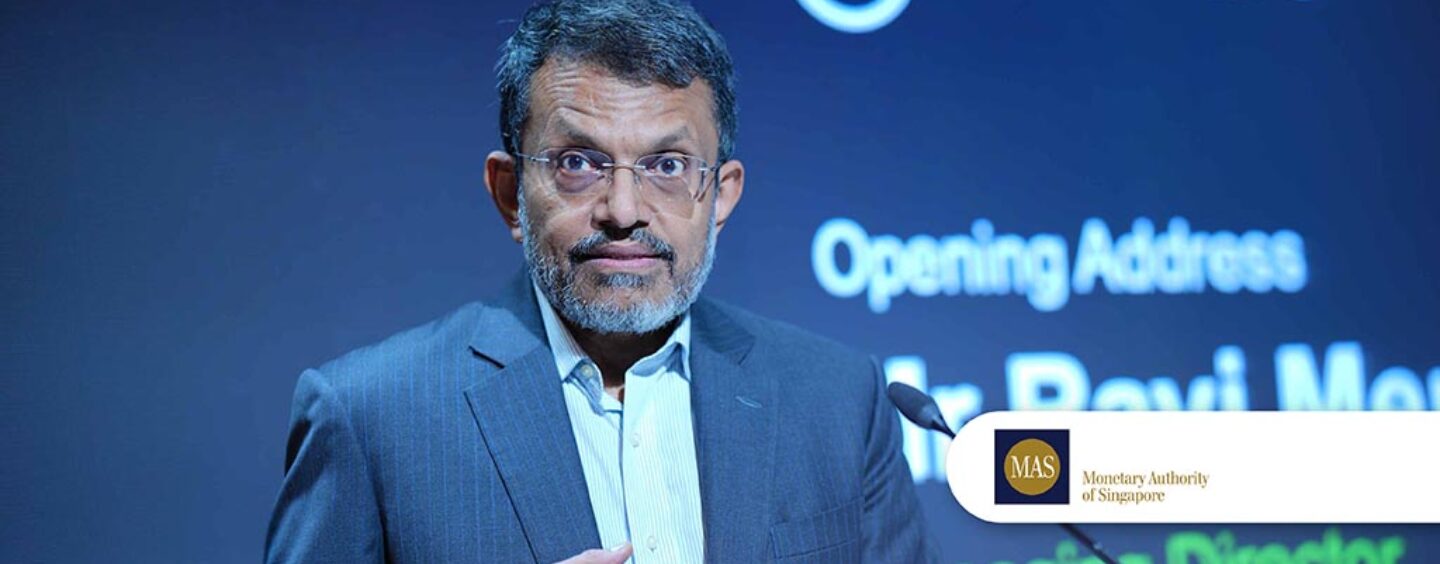
Singapore Launches US$5 Billion FAST-P Initiative for Climate Action in Asia
by Fintech News Singapore December 4, 2023Singapore has introduced a financial platform, the Financing Asia’s Transition Partnership (FAST-P), with the goal to raise US$5 billion in funds for climate action in Asia.
This initiative, highlighted by Ravi Menon, Managing Director of the Monetary Authority of Singapore (MAS), during his speech at the COP28 event, focuses on mobilising capital for green and transition investments in the region.
FAST-P is a blended finance platform, where the Singapore government, as announced by Senior Minister Teo Chee Hean, is set to contribute concessional capital. This initial investment will be supplemented by funds from multilateral development banks, development finance institutions, and philanthropies. Additionally, MAS is engaging with various banks and institutional investors to attract commercial capital, aiming to reach the US$5 billion target.
The platform is designed to address three critical areas of green and transition investments in Asia. The first, the Energy Transition Acceleration theme, will support projects like the managed phase-out of coal-fired power plants and their replacement with renewable energy sources. The second, the Green Investments theme, focuses on mature technologies such as renewable energy scaling, grid modernisation, and electric vehicle infrastructure. Lastly, the Clean Technologies theme will invest in emerging green technologies like hydrogen and carbon capture, utilisation, and storage.
To manage these investment themes effectively, FAST-P will form partnerships with financiers and investors, each managed by an asset manager with specific investment and impact objectives. Singapore has already established partnerships with notable entities for two of these themes.
MAS has signed a MoU with Allied Climate Partners, the International Finance Corporation, and Temasek Holdings for the Green Investments Partnership.
Additionally, an upcoming MOU with the Asian Development Bank (ADB) and Global Energy Alliance for People and Planet (GEAPP) – supported by The Rockefeller Foundation, Bezos Earth Fund, and IKEA Foundation – will focus on the Energy Transition Acceleration Partnership.

Ravi Menon
Menon concluded,
“In the 250 years since the Industrial Revolution, the world has built a highly carbon and energy intensive industrial structure, urban landscape, and modes of transportation. We now have less than 25 years to fundamentally restructure economies and societies to reach net-zero emissions. We need to act fast.
Public finances all over the world are in stressed conditions. There is ample private capital in the world – some US$400 trillion in assets under management – yet so little of it is going into the net-zero transition effort. Only by synergising the catalytic power of public capital and the abundance of private capital can we get transition finance right. We need to act together.”





